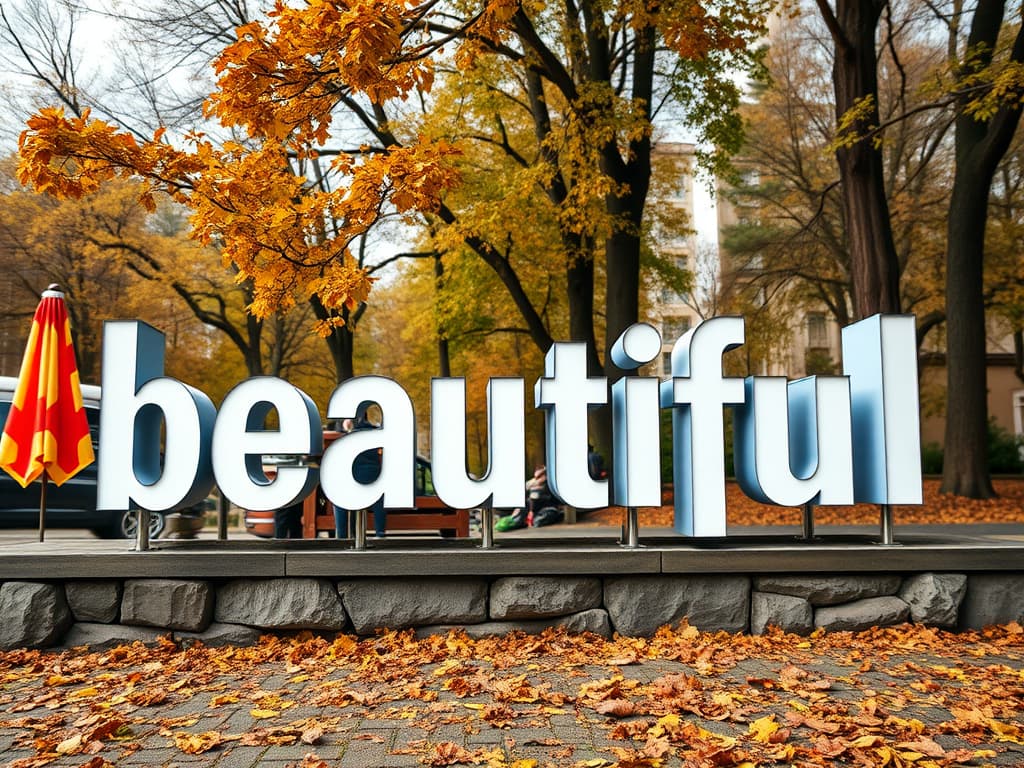Beautiful in German

In German, the most common word for "beautiful" is "schön" (pronounced /ʃøːn/). This versatile adjective can be used to describe a wide range of things, from physical appearance to experiences and abstract concepts. While "schön" is the primary translation, German offers several other words to express beauty in various contexts and levels of formality.
German Words for Beautiful
Formal and Standard Usage
"Schön" is the most widely used and versatile term for beautiful in German. It can be applied in both formal and casual situations. Here are some examples:
- Das ist ein schönes Kleid. (That's a beautiful dress.)
- Wir hatten einen schönen Tag. (We had a beautiful day.)
- Sie hat eine schöne Stimme. (She has a beautiful voice.)
Other formal alternatives include:
- Wunderschön (wonderfully beautiful)
- Bildschön (picture-perfect)
- Anmutig (graceful, elegant)
Informal and Colloquial Terms
In more casual settings, Germans might use these words to express beauty:
- Hübsch (pretty, cute)
- Toll (great, awesome)
- Traumhaft (dreamy, fantastic)
Slang and Youth Language
Young people in Germany often use these expressions:
- Geil (cool, awesome) 🔥
- Hammer (fantastic, literally "hammer") 💯
- Krass (intense, extreme) 🤯
Comparative Table
| English | German | Pronunciation (IPA) |
|---|---|---|
| Beautiful | Schön | /ʃøːn/ |
| Gorgeous | Wunderschön | /ˈvʊndɐʃøːn/ |
| Pretty | Hübsch | /hʏpʃ/ |
| Lovely | Lieblich | /ˈliːblɪç/ |
| Stunning | Atemberaubend | /ˈaːtəmbeˌʁaʊbənt/ |
Using "Beautiful" in German Phrases
To enhance your German language skills, try incorporating these beauty-related phrases into your conversations:
- Du siehst heute wunderschön aus! (You look wonderfully beautiful today!) 😍
- Was für eine schöne Aussicht! (What a beautiful view!)
- Das war ein schöner Abend. (That was a lovely evening.)
- Schönheit liegt im Auge des Betrachters. (Beauty is in the eye of the beholder.)
Remember, context is key when choosing the right word for "beautiful" in German. While "schön" is a safe choice in most situations, considering the formality of the setting and the specific object or concept you're describing will help you select the most appropriate term.
